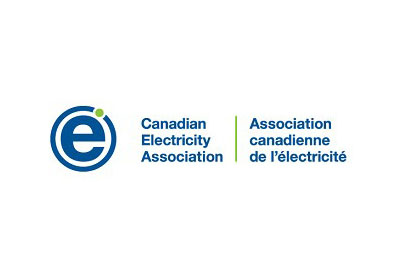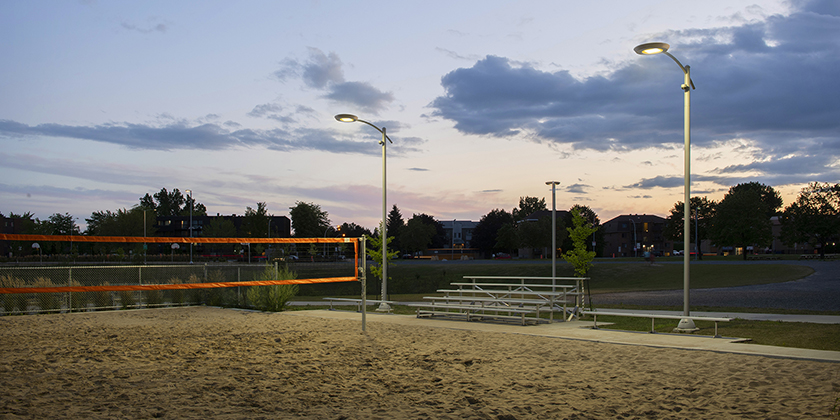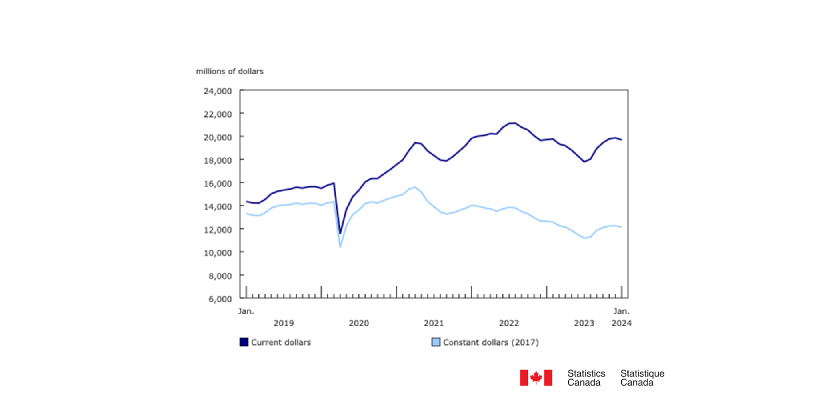Statement by Canadian Electricity Association on Bill C-68

February 8, 2018
Sergio Marchi, President and CEO of the Canadian Electricity Association (CEA), issued the following statement on Bill C-68, the legislation tabled in Parliament today, to amend the Fisheries Act and other Acts in consequence:
“Canada’s electricity sector remains committed to protecting and conserving our natural resources. We are supportive of the government’s desire to guide decisions based on sustainability considerations, provide full transparency of projects with a public registry, and make it possible to establish advisory panels to guide the implementation of the Act.
That said, Bill C-68 represents one step forward but two steps back.
CEA is particularly concerned that the government has chosen to return to pre-2012 provisions of the Fisheries Act that address ‘activity other than fishing that results in the death of fish, and the harmful alteration, disruption or destruction (HADD) of fish habitat’. In practical terms, this means that virtually any action, without prior authorization, could be construed as being in contravention of this Act. Consequently, the reinstatement of these measures will result in greater uncertainties for existing and new facilities, and unduly delay and/or discourage investment in energy projects that directly support Canada’s clean growth agenda and realize its climate change objectives.
Bill C-68 is a missed opportunity for the federal government to anchor the Fisheries Act on a reasonable, population-based approach rather than focusing on individual fish, and to clearly define fisheries management objectives.
CEA has been working for many years with the federal government and its Department of Fisheries and Oceans to ensure the protection of fisheries and their habitat. Absent reasonable and predictable legislative provisions, CEA is compelled to advocate for amendments to address these shortcomings. We trust the federal government will be open to further discussion on, and changes to, Bill C-68.”










![Guide to the Canadian Electrical Code, Part 1[i], 26th Edition – A Road Map: Section 10 – Grounding and Bonding](https://electricalindustry.ca/wp-content/uploads/2022/11/Guide-CE-Code-2.png)





